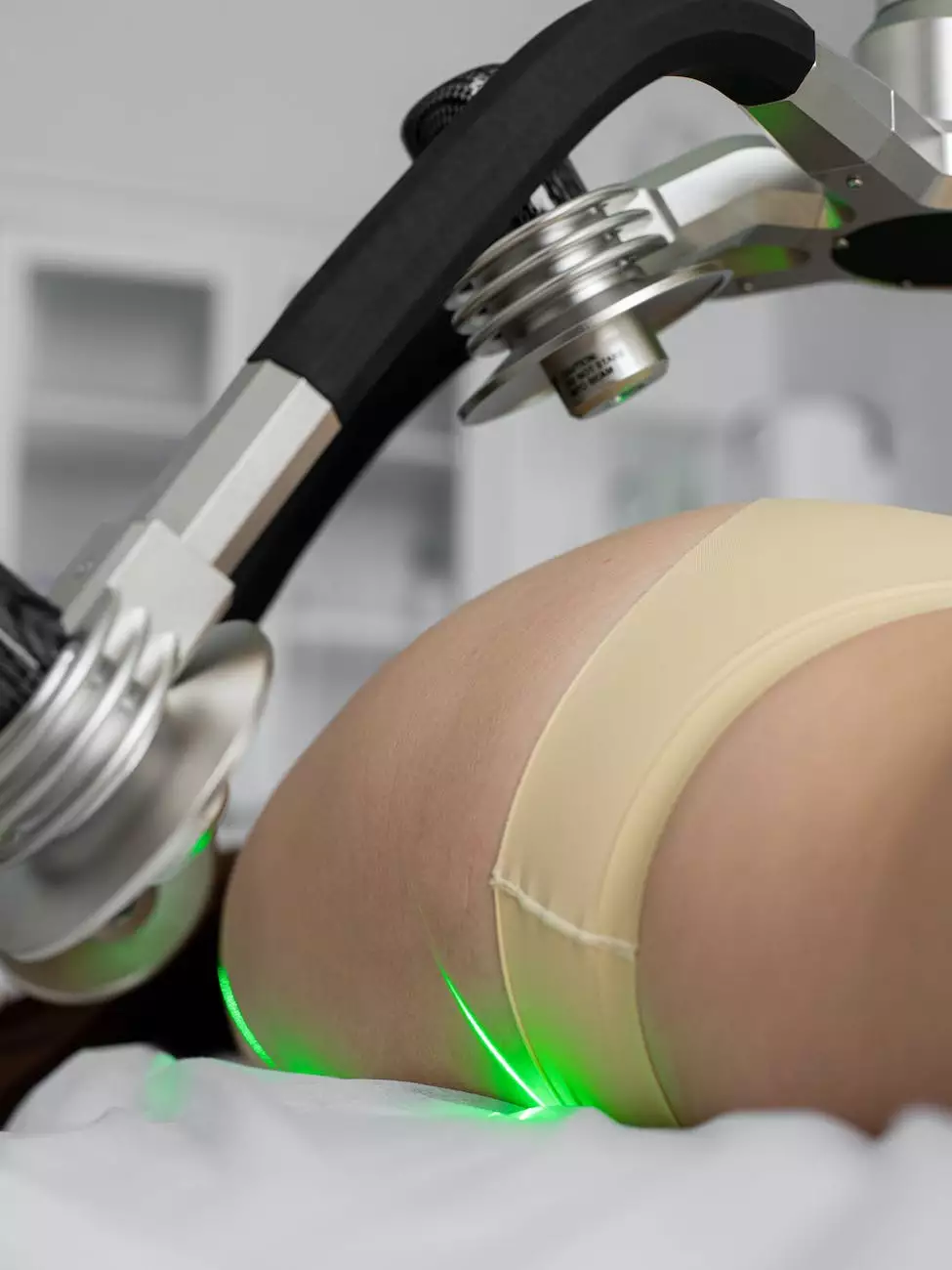Stool Softeners Vs. Laxatives For Digestive Issues

Welcome to Minneapolis Weight Loss Doc, your ultimate resource for information on digestive health and effective solutions. In this comprehensive guide, we will explore the key differences between stool softeners and laxatives, helping you make informed decisions about your digestive issues. Our goal is to provide you with valuable insights that can positively impact your overall health and well-being.
The Importance of Digestive Health
Before delving into the specifics of stool softeners and laxatives, let's take a moment to acknowledge the importance of maintaining a healthy digestive system. Your digestive tract plays a pivotal role in breaking down food, absorbing nutrients, and eliminating waste. When digestive issues arise, they can significantly impact your quality of life and overall health. That's why finding effective solutions is crucial.
Understanding Stool Softeners
Stool softeners are commonly used to alleviate constipation and promote regular bowel movements. They work by adding moisture to the stool, making it easier to pass. This can be particularly helpful for individuals who experience discomfort or struggle with infrequent bowel movements.
One of the key advantages of stool softeners is their gentle and gradual approach to relieving constipation. They generally do not cause immediate urgency or discomfort, making them suitable for long-term use. Stool softeners are available over the counter and come in various forms, including oral capsules and liquids.
The Benefits of Stool Softeners:
- Soften the stool, easing bowel movements
- Gentle and suitable for long-term use
- Available over the counter
While stool softeners are generally safe and well-tolerated, it's important to consult with your healthcare provider before starting any new medication or supplement. They can provide personalized advice based on your specific needs and medical history.
Exploring Laxatives
Laxatives are another type of medication commonly used to relieve constipation and promote bowel movements. Unlike stool softeners, laxatives work by stimulating the muscles in the intestines, increasing the frequency and intensity of contractions. This increased motility helps move the stool through the digestive tract more quickly.
There are various types of laxatives available, including bulk-forming, osmotic, stimulant, and lubricant laxatives. Each type works differently and may be more suitable for different individuals depending on the underlying cause of their constipation.
The Benefits of Laxatives:
- Promote bowel movements by stimulating intestinal muscles
- Offer a range of options based on individual needs
- Provide faster relief for acute constipation
Laxatives can be an effective short-term solution for constipation, but they should be used with caution. Prolonged or excessive use of laxatives can lead to dependence or damage to the digestive system. It's essential to follow the recommended dosage and duration instructed by your healthcare provider.
Choosing the Right Option for You
When it comes to selecting between stool softeners and laxatives, there is no one-size-fits-all approach. The ideal choice depends on your specific symptoms, underlying causes, and overall health. In some cases, a combination of both may be recommended.
Consulting with a healthcare professional is crucial for accurate diagnosis and personalized treatment plans. They can assess your situation, consider any underlying conditions, and recommend the most suitable approach to relieve your digestive issues.
At Minneapolis Weight Loss Doc, we understand the impact that digestive health can have on your overall well-being. Our team of dedicated professionals is here to provide you with the support and guidance you need to navigate your digestive issues effectively. Don't let discomfort or constipation hold you back. Contact us today to schedule a consultation and take the first step towards a healthier you.




